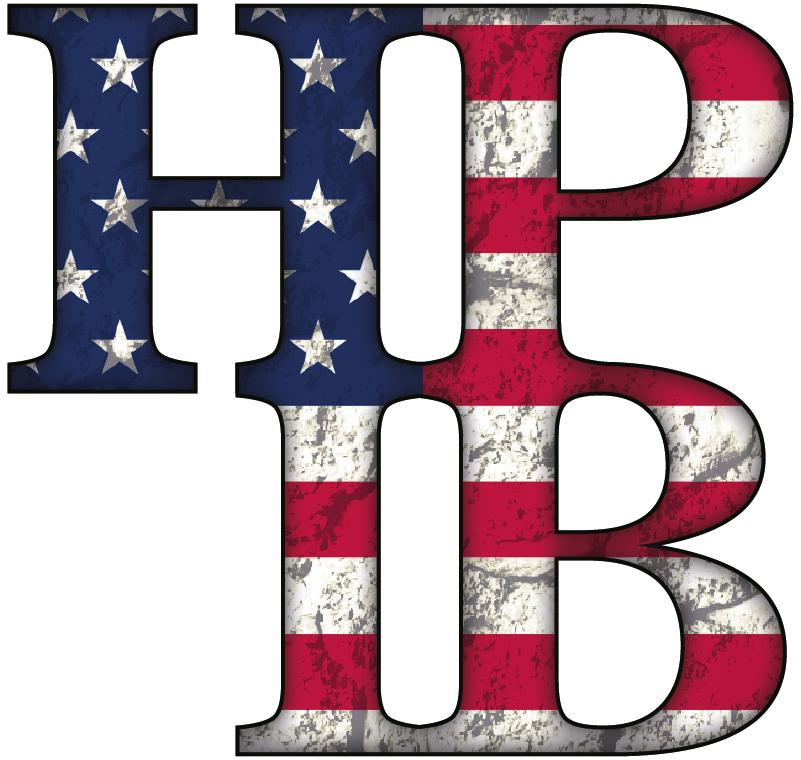How to Find Grants and Financial Help — An In-Depth Guide with Matthew Lesko
Today’s economic climate makes financial strain more than just common — it’s practically systemic. From skyrocketing healthcare costs to the weight of student debt and the steep barrier to starting a business, most Americans feel squeezed from all sides. That’s where grants and alternative financial resources come in — not as handouts, but as underutilized lifelines that exist to keep everyday people afloat.
On the Health and Wealth Power Hour, host Harlon Pickett sat down with Matthew Lesko — the eccentric, data-obsessed legend who’s spent the last 50 years uncovering and demystifying the government’s hidden economy. Lesko, known for his trademark question mark suits and bestselling books on “free money,” laid out a compelling roadmap that shows how regular people can access grants and assistance programs most don’t even know exist.
This blog post goes deep into that conversation, highlighting the real tools, strategies, and mindsets needed to actually get financial help — not someday, but starting today.
What Are Grants — Really?
Grants are funds distributed by government agencies, nonprofits, and community groups for a specific purpose — education, healthcare, job training, or even starting a small business. They’re not loans. You don’t pay them back. But the problem? They’re often buried under red tape, bad web design, outdated databases, and predatory consultants who charge a fortune to do what you could do yourself for free — if you had the right map.
Matthew Lesko has spent five decades drawing that map. And according to him, we’re walking over financial goldmines every day — simply because we’re looking in the wrong place: Google.
“If you go to Google, you’ll get 200 million people who want your money — not give you money.” — Matthew Lesko
The key? Tap into the giving economy — the 30% of America’s economic structure that exists to distribute, not extract. That includes government programs, nonprofit organizations, and community-based funds designed to help you stay healthy, employed, and afloat. But they don’t advertise. You have to know where to look.
Where to Start: Essential Tools for Finding Financial Help
1. FindHelp.net — Your Local Financial Help Database
This website is a launchpad. Plug in your zip code and get instant access to thousands of local resources — from rent assistance and utility aid to food programs and healthcare subsidies. Everything listed is either nonprofit or government-backed. No scams. No gimmicks. Just real help.
- Example: In a random Texas zip code, FindHelp.net showed over 2,900 active financial support programs.
- Tip: Search specific needs like “rent,” “childcare,” or “transportation” for filtered results.
2. NeedyMeds.org — Slash Your Medical Costs
Healthcare debt is the #1 cause of bankruptcy in America. NeedyMeds is an overlooked but powerful database of:
- Free/low-cost clinics
- Prescription savings programs
- Financial assistance based on diagnosis (e.g., cancer, diabetes)
- Live support for form-filling and qualification screening
It’s an absolute goldmine for uninsured or underinsured individuals, families with chronic illnesses, and people facing high co-pays or medication bills.
3. SBA.gov/local-assistance — Business Help That Doesn’t Suck
Forget navigating government bureaucracy solo. The Small Business Administration’s local assistance tool connects you with vetted, nonprofit advisors. Whether you’re starting a business, pivoting an existing one, or exploring freelance/self-employment work, these mentors:
- Don’t charge you a cent
- Know what grants exist in your industry
- Will walk you through the maze, one step at a time
It’s like having a free startup coach who actually knows what they’re talking about.
4. CareerOneStop.org — Get Paid to Learn
Don’t have time or money for a 4-year degree? This government-run portal helps you:
- Train for in-demand careers
- Find programs that pay you while you’re learning
- Tap into short-term credentials for high-paying jobs (no degree needed)
Lesko notes that many Americans can now earn $40,000+ annually while being trained for jobs that pay over $100,000. Most people just don’t know these opportunities exist.
5. HUD.gov/counseling — Get Real About Your Finances
Before you swipe that card again or panic over your debt, talk to someone who knows the terrain. HUD-approved counselors offer judgment-free, one-on-one help to:
- Triage your credit problems
- Create a strategy to get out of debt
- Avoid foreclosure, bankruptcy, or eviction
It’s free. It’s confidential. And it could change the trajectory of your financial life.
Bonus: PatientAdvocate.org & PANFoundation.org
- For anyone facing crushing medical bills or expensive treatment plans
- Includes 1-on-1 negotiation support with hospitals and insurers
- Offers co-pay relief and disease-specific grants
Why Most People Miss Out on Free Money
Despite the abundance of resources, most people never receive the help they’re eligible for. Why?
- They don’t know where to start
- They assume it’s not for them
- They give up after one rejection
Lesko argues the biggest difference between people who get help and people who don’t? Persistence.
“You have to treat it like a job hunt or sales process. It’s numbers. It’s follow-up. It’s asking the right people the right questions.”
His #1 advice? Don’t just ask if they can help you — ask who else can.
The Power of Asking for Help
Most people struggle to ask for help — especially when it comes to money. But Lesko reframes it as an act of resilience, not weakness.
“Helping others is love. And learning to receive help? That’s part of building strength.”
Whether you’re trying to get your kid through college, get out of medical debt, or finally start the business you’ve been dreaming about, the money is out there. But no one’s going to hand it to you wrapped in a bow. You’ve got to do the work. Make the calls. Knock on the doors.
And when you do? You might find yourself on the other side of the conversation — helping someone else.
Final Thoughts from Harlon Pickett
As an insurance broker, I see every day how unpredictable life can be. One medical emergency. One job loss. One bad month — and things unravel fast. But what this conversation with Lesko reminded me is that there are more safety nets than we think. They’re just hidden in plain sight.
At Harlon Pickett Insurance, we believe true security isn’t just about policies — it’s about knowing what tools are already available to you and how to use them.
So take the time. Use these resources. Share them with someone who needs them.
And remember — you’re not alone.
Resource Recap:
- FindHelp.net — Local assistance programs
- NeedyMeds.org — Medical cost support
- CareerOneStop.org — Paid training and jobs
- HUD Counseling — Debt help
- SBA Local Assistance — Free business mentors
- Patient Advocate Foundation — Help with medical bills
- PAN Foundation — Co-pay assistance
Got questions? Want to make sure you’re not missing out on critical support? Reach out to Harlon Pickett Insurance Broker today. Let’s find the safety nets before you need them.

